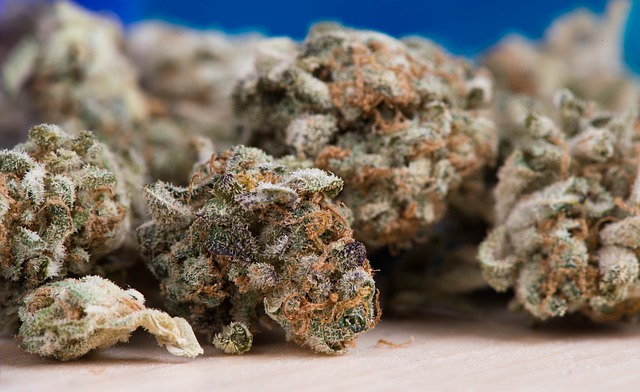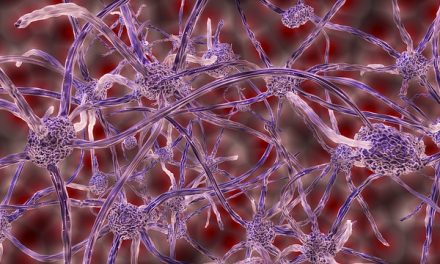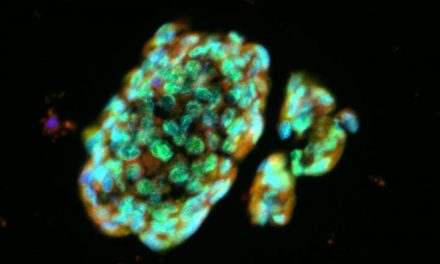 When you watch many of these commercials by the pharmaceutical companies showing some happy healthy looking person that supposedly has used the drug their promoting (notice the “portrayed by actor” in small letters), it is alarming to hear the long list of dangerous side effects read quickly at the end, that comes along for the ride. If marijuana was discovered in a pharmaceutical lab it would likely be heralded as a miracle drug for treatment of glaucoma, IBD, nausea, and controlling epileptic seizures, among many other possible medical benefits. But because it is natural (making it useless to pharmaceutical companies unless they synthesize) and a recreational drug that is associated with addiction to stronger drugs, it is scrutinized in an entirely different light. Well-known medical personality Sanjay Gupta, neurosurgeon and CNN’s chief medical correspondent, in an article for CNN, is quoted as saying”
When you watch many of these commercials by the pharmaceutical companies showing some happy healthy looking person that supposedly has used the drug their promoting (notice the “portrayed by actor” in small letters), it is alarming to hear the long list of dangerous side effects read quickly at the end, that comes along for the ride. If marijuana was discovered in a pharmaceutical lab it would likely be heralded as a miracle drug for treatment of glaucoma, IBD, nausea, and controlling epileptic seizures, among many other possible medical benefits. But because it is natural (making it useless to pharmaceutical companies unless they synthesize) and a recreational drug that is associated with addiction to stronger drugs, it is scrutinized in an entirely different light. Well-known medical personality Sanjay Gupta, neurosurgeon and CNN’s chief medical correspondent, in an article for CNN, is quoted as saying”
“It doesn’t have a high potential for abuse, and there are very legitimate medical applications. In fact, sometimes marijuana is the only thing that works,” he wrote. “We have been terribly and systematically misled for nearly 70 years in the United States, and I apologize for my own role in that.”
While many people agree with the notion that marijuana has many potential medical uses, most people do buy into the notion that chronic cannabis use makes you forgetful and unmotivated. However, a new study appears to show benefit to chronic pot smoking. While tetrahydrocannabinol (THC) is the chemical component in cannabis that makes users ‘high’ it also acts as a smooth-muscle relaxant, relaxing the walls of the arteries, which can result in lower blood pressure and increased blood flow to the tissues[1][2]. Now a study by the University of Texas at Dallas examined how THC affects the brain over time. They found that after 2 months, chronic users had better blood flow to the brain, reducing the risk of blood clots and the possibility of a stroke.
The study conducted by Dr. Francesca Filbey director of Cognitive Neuroscience Research in Addictive Disorders at the Center for BrainHealth and her team claim by analyzing the differences in regional brain blood oxygenation and metabolism in chronic cannabis users, they found chronic cannabis users have the most efficient brain blood flow out of a study group of 175. Subjects were given MRI’s that showed cannabis users had higher global oxygen extraction fraction and cerebral metabolic rate of oxygen compared to non chronic smokers. The study also showed that the cerebral blood flow (CBF) was greater in marijuana users than non-users in the putamen, a round structure located at the base of the basal ganglia that is interconnected to learning. As a fun exercise watch for a paper discrediting this study soon, and if so pay attention to who funds the study.
[1] Malit LA, Johnstone RE, Bourke DI, Kulp RA, Klein V, Smith TC (1975) Intravenous delta9-Tetrahydrocannabinol: Effects of ventilatory control and cardiovascular dynamics. Anesthesiology 42(6):666-73
[2] Johnstone RE, Lief PL, Kulp RA, Smith TC (1975) Combination of delta9-tetrahydrocannabinol with oxymorphone or pentobarbital: Effects on ventilatory control and cardiovascular dynamics. Anesthesiology 42(6):674-84










